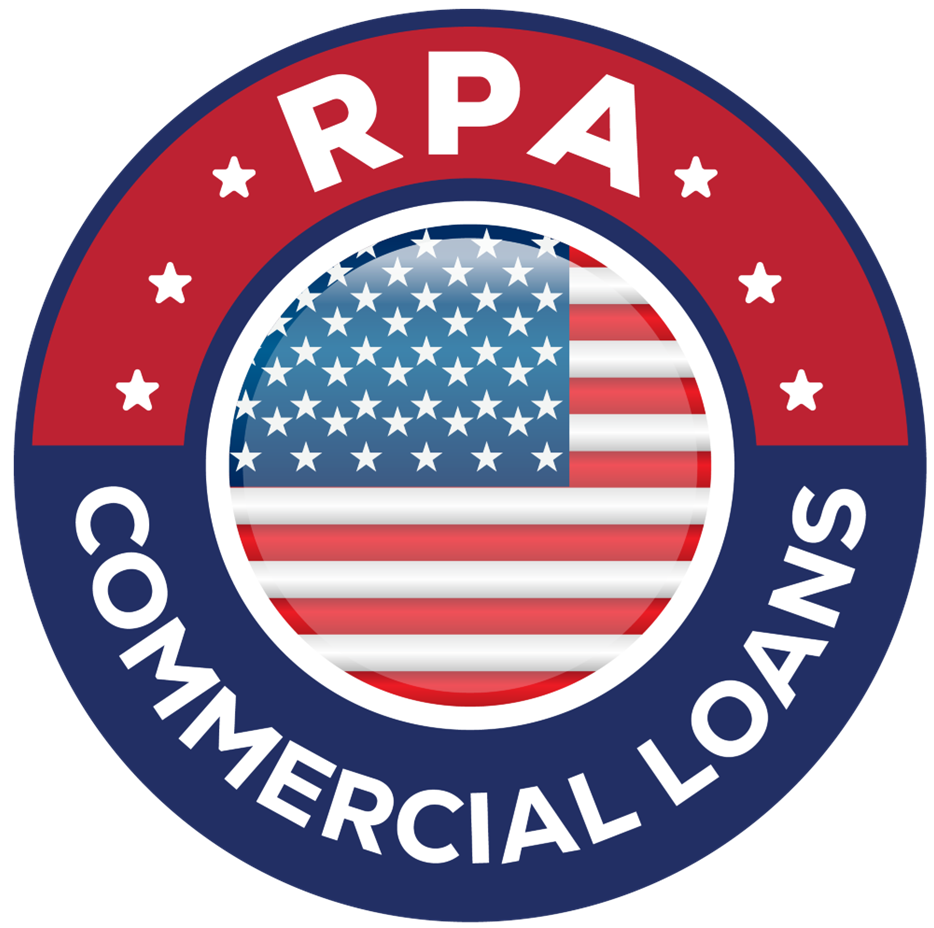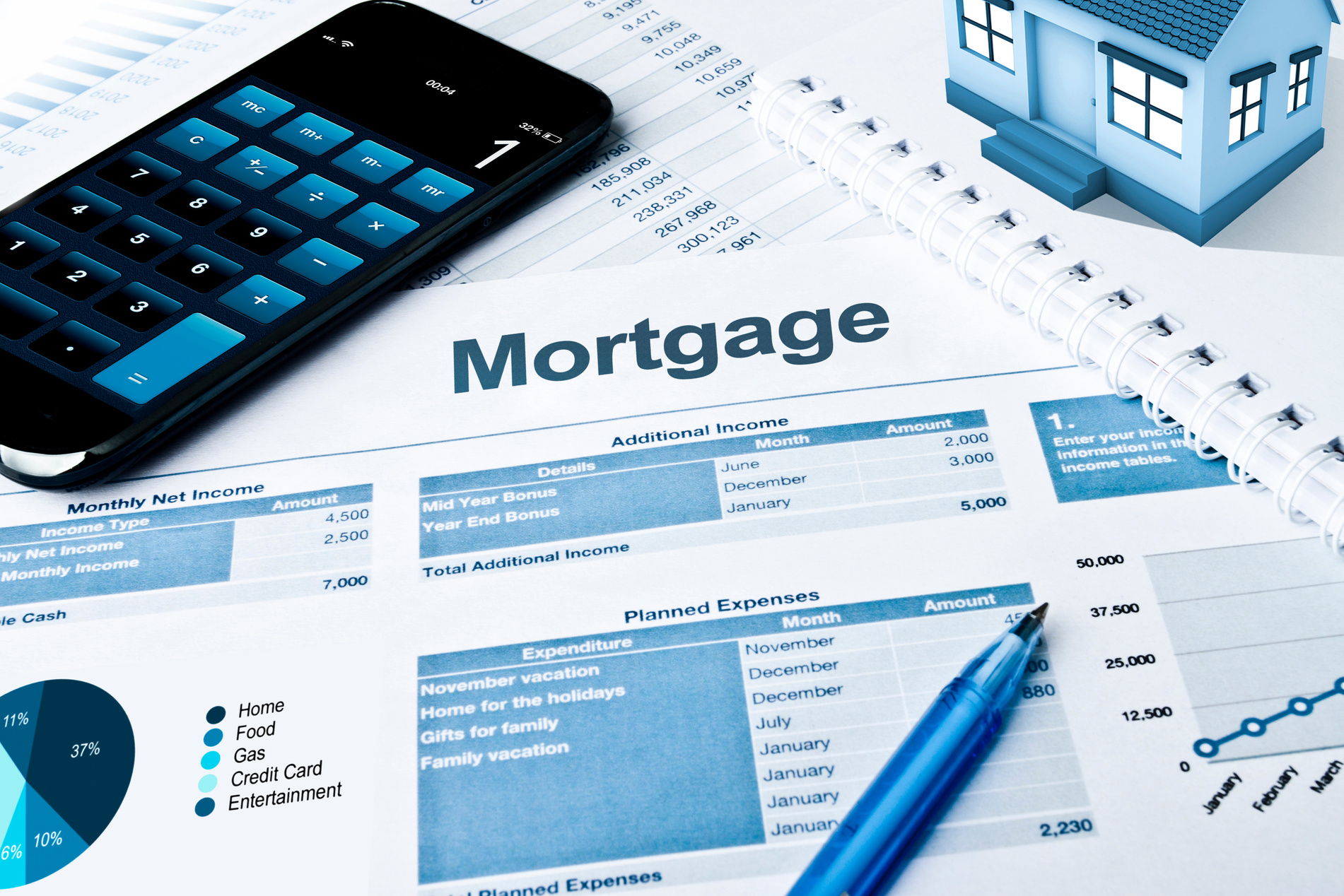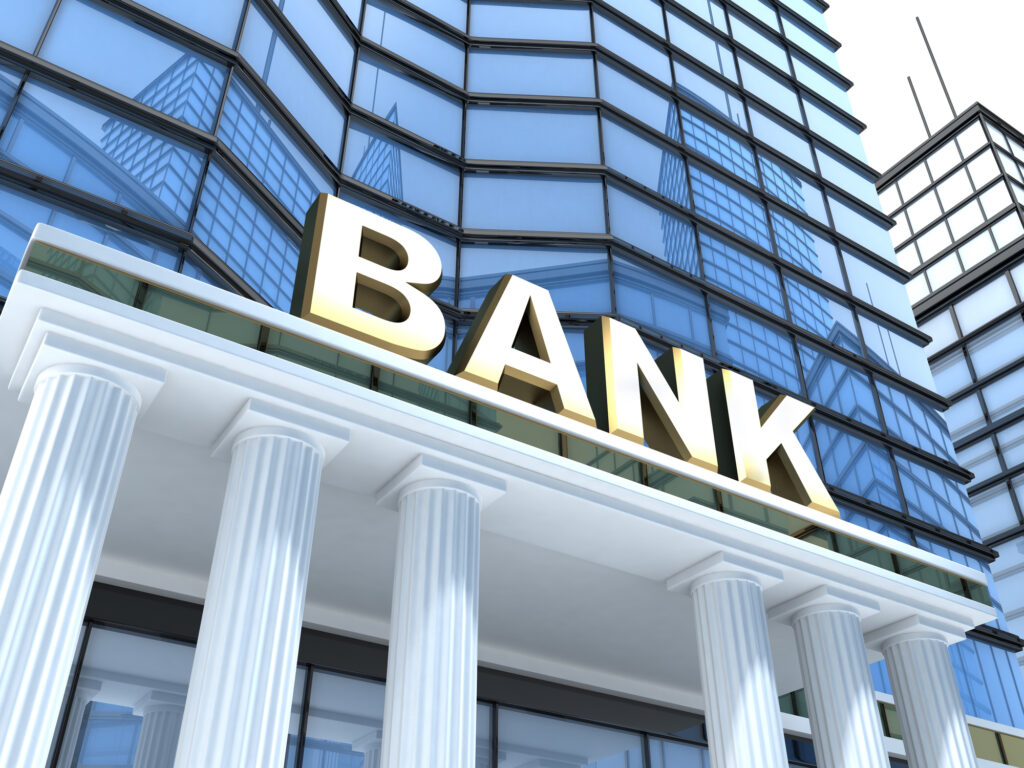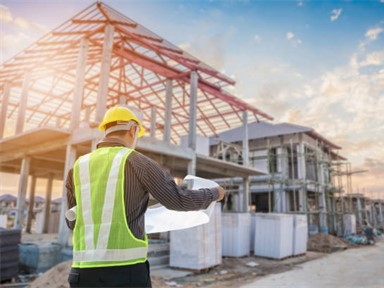There are several types of commercial mortgages available to suit different needs and situations of commercial property owners. Here are some common types:
-
- Traditional Commercial Mortgages:
- Permanent Mortgages: These are long-term loans typically used to finance the purchase or refinance of commercial real estate. They have fixed interest rates and terms ranging from 5 to 20 years or more.
- Balloon Mortgages: Similar to permanent mortgages but with shorter terms (often 5 to 7 years) and a large balloon payment due at the end of the term. Borrowers usually refinance or pay off the balloon amount at maturity.
- Government-Backed Loans:
- SBA 7(a) Loans: Offered by the Small Business Administration (SBA), these loans are intended for small businesses and can be used for various purposes, including purchasing real estate.
- SBA 504 Loans: Also from the SBA, these loans are specifically for real estate and equipment purchases and typically have lower down payment requirements compared to traditional mortgages.
- Traditional Commercial Mortgages:
- USDA 538 Loans: USDA Rural Development provides up to a 90% guarantee for loans made by commercial lenders to borrowers developing or rehabilitating multifamily rental housing for low- and moderate-income tenants in rural areas.
-
- FHA/FHMLC:Fannie Mae and Freddie Mac have numerous programs available for multifamily housing with LTVs up to 80%.
- FHA/FHMLC:Fannie Mae and Freddie Mac have numerous programs available for multifamily housing with LTVs up to 80%.
- Bridge Loans:
- Short-term loans (usually 6 months to 3 years) used to bridge a financing gap, such as while waiting for a property to be sold or to secure longer-term financing.
- They often have higher interest rates and may include flexible terms.
- Construction Loans:
- Used to finance the construction or renovation of commercial properties. These loans may have variable interest rates during the construction phase and convert to a permanent mortgage once construction is completed.
- Used to finance the construction or renovation of commercial properties. These loans may have variable interest rates during the construction phase and convert to a permanent mortgage once construction is completed.
- Hard Money Loans:
- Short-term loans secured by the value of the property rather than the borrower’s creditworthiness. They are often used by borrowers who need quick financing or have credit issues but typically come with higher interest rates and fees.
- Short-term loans secured by the value of the property rather than the borrower’s creditworthiness. They are often used by borrowers who need quick financing or have credit issues but typically come with higher interest rates and fees.
- CMBS Loans (Commercial Mortgage-Backed Securities):
- Loans pooled together and securitized into bonds that are sold to investors. They often have non-recourse terms (where the lender cannot pursue personal assets of the borrower in case of default) and fixed interest rates for a set period.
- Loans pooled together and securitized into bonds that are sold to investors. They often have non-recourse terms (where the lender cannot pursue personal assets of the borrower in case of default) and fixed interest rates for a set period.
- Mezzanine Loans:
- Subordinate to the primary mortgage, these loans fill the gap between the equity the borrower has and the total amount needed.
- They carry higher interest rates and are typically used in conjunction with a traditional mortgage.
The type of commercial mortgage that is best for a particular property or project depends on factors such as the property type, loan amount, borrower qualifications, desired terms (including interest rate and repayment schedule), and the purpose of the financing. It’s important for commercial property owners to carefully consider their options and possibly consult with a financial advisor or mortgage broker to find the most suitable financing solution.</span





